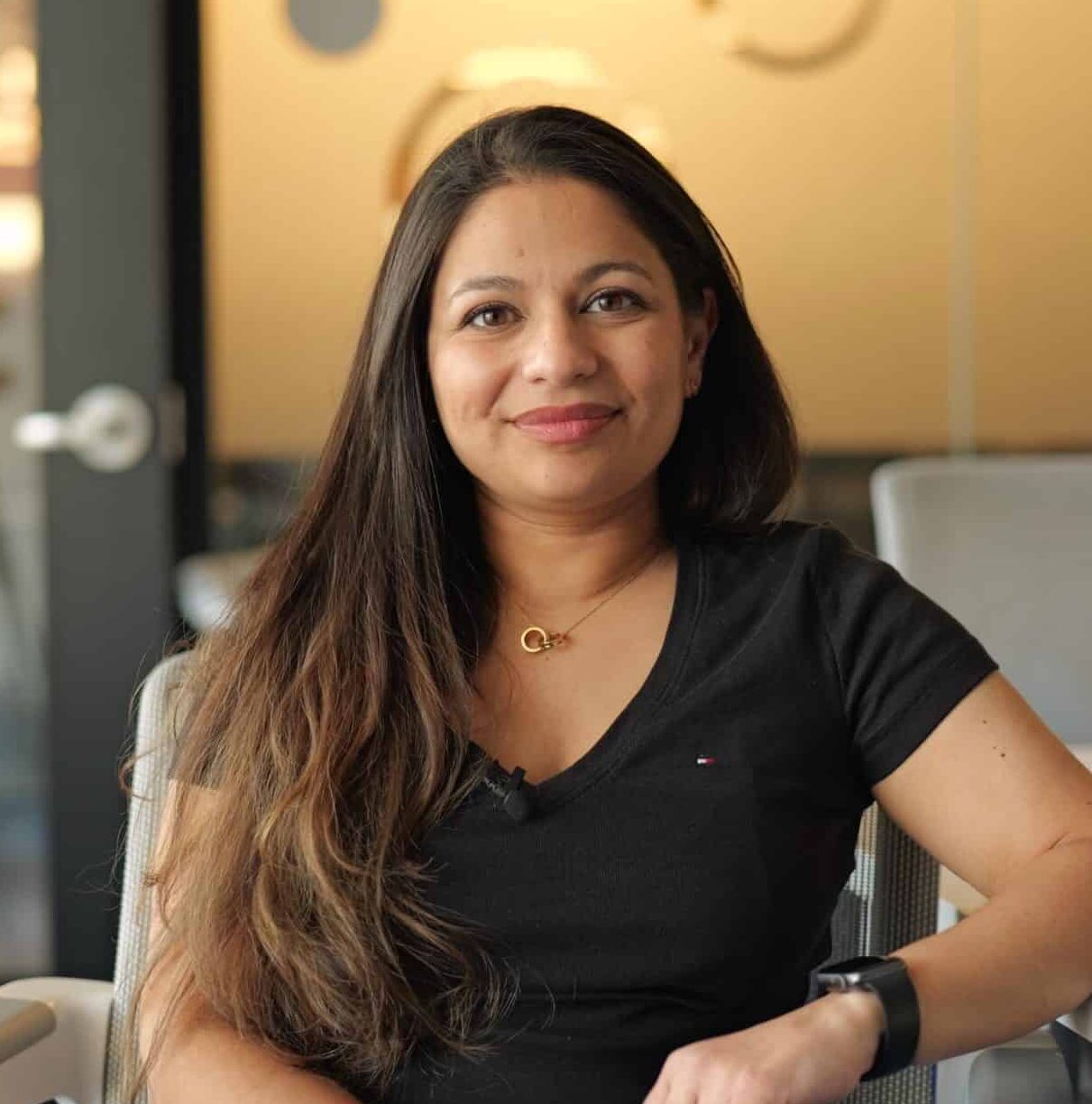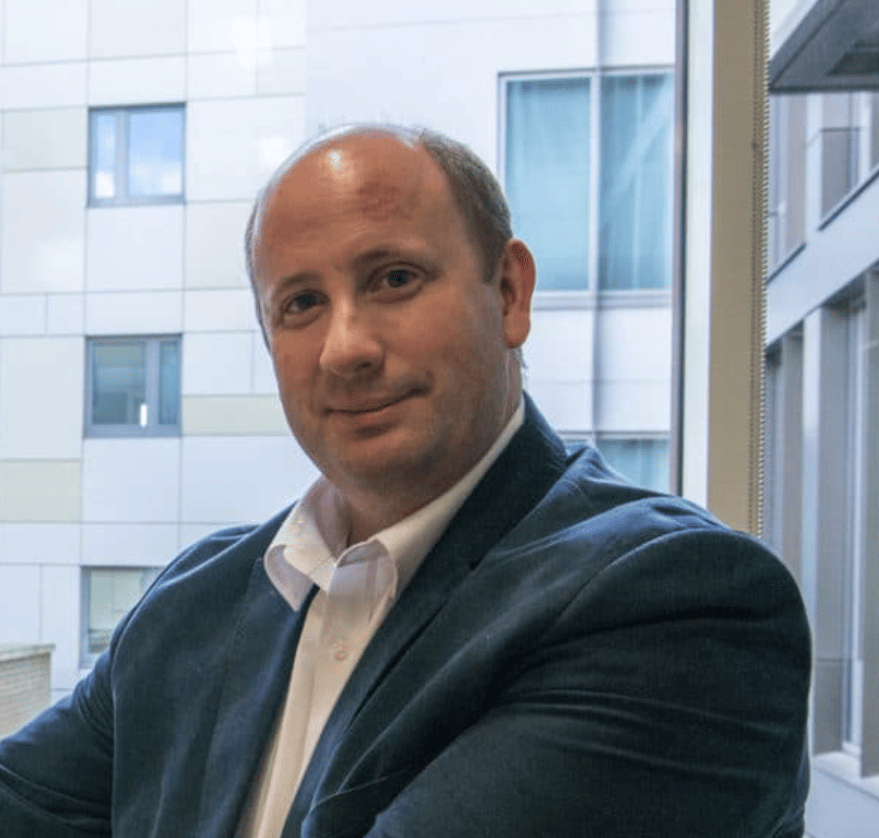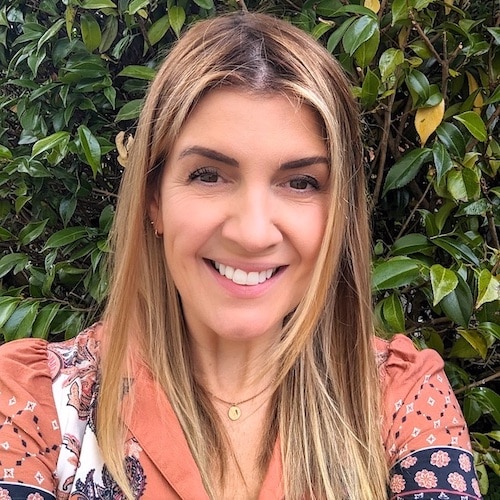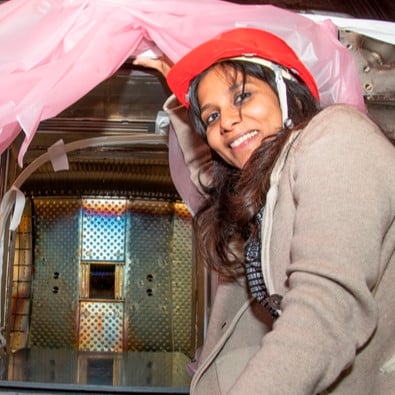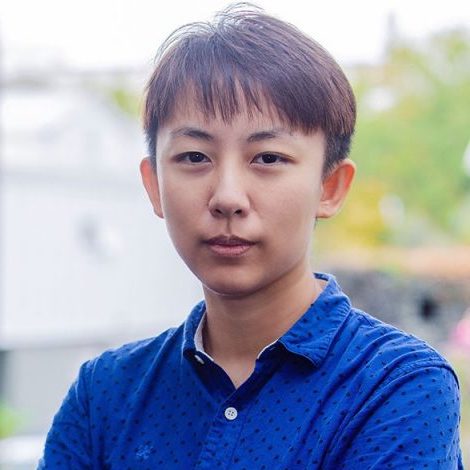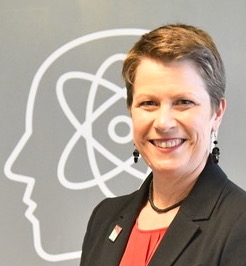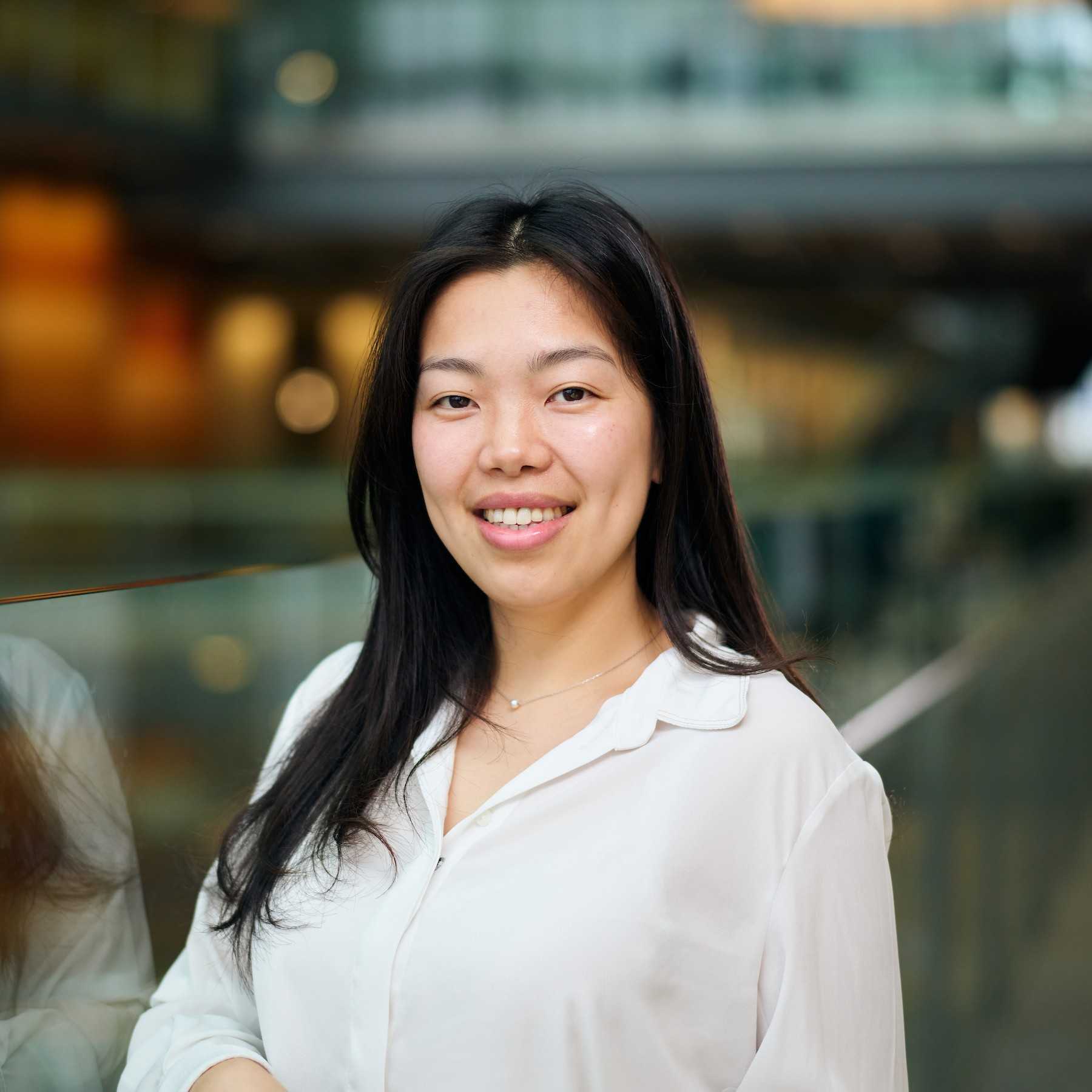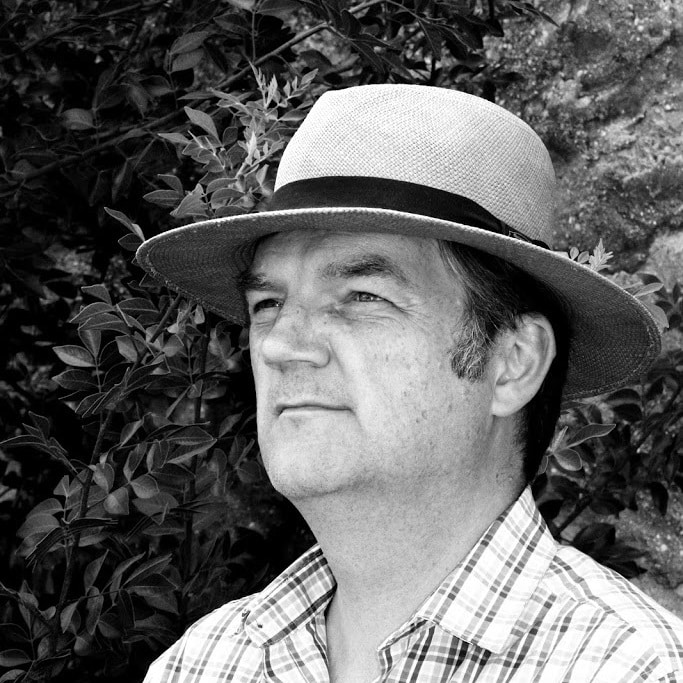In this week’s TL;DR Shorts episode, Mariette DiChristina takes us back to the zeitgeisty theme of artificial intelligence. As the Dean of the College of Communication at Boston University, and former Editor-in-Chief of Scientific American, Mariette reminds us that the term AI can be used in a range of ways to define many things.
Mariette says that she would like to see AI that enhances human capabilities. Given that more research is being published than before, and our global societal challenges loom larger than ever, Mariette hopes that AI can be used to help researchers interrogate research information in such a way that we are able to accelerate our progress towards overcoming those challenges.
However, Mariette worries that AI may amplify our own flaws as human beings. Given that this new era of technological development is being built by humans, its outputs are often fraught with very human imperfections, including but not limited to the systemic biases that riddle the academic ecosystem.
Mariette thinks that researchers should embrace this challenge. As research has helped create AI-enabled solutions to our challenges, she hopes that research will improve it over time, and start to break down and even negate the flaws often inadvertently built into these systems, ultimately making research and development more productive, inclusive, and impactful for all of society.
If you’d like to suggest future contributors for our series or suggest some topics you’d like us to cover, drop Suze a message on one of our social media channels and use the hashtag #TLDRShorts. Subscribe now to be notified of each weekly release of the latest TL;DR Short, and catch up with the entire series here.

